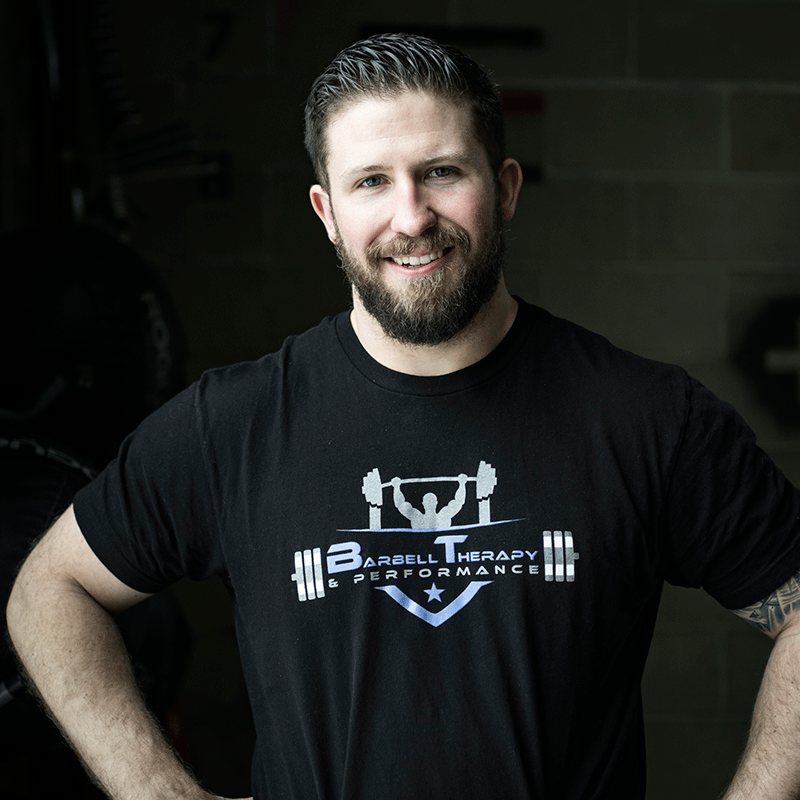So a lot of people have been asking me what the Level Up initiative is all about and what the point of it is. To me, it is a movement started by my colleague Dr. Zak Gabor to reform healthcare that starts with us practitioners taking a hard look in the mirror and making personal changes. We need to change ourselves first to then influence others to change.I just finished my critical thinking module with the level up initiative and was so mind blown by it that I wanted to write about it and share with others. So a big shoutout to Zak Gabor for letting me in on all this insight I’m about to share with you below.
So healthcare is a failing system. Each year this country spends more money on it, but the rate of disability is still on the rise. Why? Because we have not done much to change our own personal mindsets as clinicians. It starts at the level of being a student and the process of critical thinking. Here’s a synopsis of the learning module and some of my take home points on it.
1. Critical thinking is ALWAYS number ONE
Knowing is not thinking. From the moment we start school and all the way through a doctorate program, we are bred to believe that we need to have the right answer for every question thrown at us from our teachers and professors. We are socialized to calculate the perfect answer, memorize for tests, be rule followers with a great GPA, and regurgitators of information. And it is great to pass a test with flying colors but the real world doesn’t give us a multiple choice exam. Having a great GPA to show that you can pass a test does not mean you will be a good medical professional. Unfortunately for the poor test takers, they will not get into PT school. What we end up with is a bunch of people good in the books, goody2shoes, that don’t have the humility to admit that something they’ve done might be wrong. I’ll admit myself here that I prided myself through school by having the right answer and always strove to be “right”. We as a whole need to start looking at critical thinking and embracing it. And critical thinking doesn’t mean just thinking hard about something before giving an answer. Critical thinking is a whole other conversation and philosophy that goes way deeper than I can cover in this post so go look into that a whole lot more about what it actually means to think critically.
2. We need to embrace and demonstrate intellectual humility
Being wrong is our number one way to get better. So does what we do and say actually have any value that can be held up in the court of logic? Does anyone actually think about that anymore? So much of the time and effort we put into school is on passing the test that we actually forget how to think logically. I wish I had a list of stupid questions that smart kids asked through school because they almost lost the ability to actually process thoughts. We always want the black and white answer. The problem here is the drive to always be “right” and not a focus on getting better. We need a ruthless drive to get better which happens through failing, and being wrong! That is what really leads up closer to right…Or really, just being less wrong(more on that philosophical viewpoint in some other post that will take me another five months to write about).
We need to be more original and think for ourselves more. Critical thinking drives mental adaptations, which improves our understanding of concepts as well as the how and why to the way things are. It can even improve our test scores we all care too damn much about when we start to think about things more conceptually. But nowhere in the course curriculum was a course on critical thinking. If we can’t think for ourselves, or think critically about the actions we take and how they affect others, there will be no change in the healthcare field.
So what do we do?!
Start thinking critically now. What was your interaction like with the last person you communicated with? Did your words cause them more pain? Were you able to talk them out of pain? Were you not able to change your boss’s mind about something you disagree on? Is that just because of his beliefs or is it because neither of you have the intellectual humility to admit wrongs? Reflect hard on these things, how you approach conceptual learning, how you communicate with your peers, and how you try to educate your peers. If we don’t start thinking critically about all these things and don’t start incorporating them at the academic level, things will not change. Always ask yourself “why” and be able to give an answer with solid rationale and conviction.
3. Challenge Others Belief
If you want to change yourself and get better at something, you need to surround yourself with people that are better than you because they challenge and may change your beliefs… right? We need to challenge one another within our profession more if we want change to happen, but we need to come at it the right way.
Before we try creating a change in someone’s beliefs we need to validate the thoughts they already have instilled and we need to be interested in them. We need to be curious to why others think the way that they are and we need to seek to understand his or her viewpoint before anything else. Approaching things in a positive manner with the sake of improvement as the end goal. Ask questions before pointing out flaws can go a long way when it comes to influencing people. Once we hear them out, we have an understanding of one’s thought process, and have shown the curiosity to learn. It is only then that we can take a swing at changing minds and getting someone thinking. We need to make sure we do it in a positive way and making sure we come across with the right attitude about wanting to make everyone better. We aren’t here to necessarily prove a point but to get people moving towards being “less wrong”. Behavior change only happens by choice, not by force.
I wish I knew these things in school. I saw in school that our profession needed change and I wanted to be part of that change by challenging others thoughts. My approach was horrible though because I didn’t seek to understand first and I didn’t want to listen to someone’s thoughts that weren’t inline with mine. And people didn’t want to listen to me because I didn’t care to listen to them. If I had used this approach before, like I do now, I probably could already have some more influence on people. But now I know better, so I do better. And being better, and knowing better aren’t always about being right.
4. Embrace Ambiguity
Like I said, it is not always about being right. As students of any discipline or level, we always strive to “know” the right answer. But is there actually a right answer to healthcare? Yeah, its 2018, technology is awesome, we have tons of research to back things, but guess what….There is still a shitload of stuff we don’t know about the human body. Science wouldn’t still be in existence to keep asking questions if we knew it all. And if you think you have the answers to everything, then you need to look at all the research out there that is now telling us that there is a whole less we know than we once thought we did.
It takes time, but we need to be comfortable with being able to say “I DON’T KNOW” or “we as a whole profession don’t know”. I will say it is quite counter-intuitive. People come to us searching for answers and explanations because we are the experts that are supposed to know everything. And people will listen when you throw around science facts like a tennis ball against the office wall. But people will gain a whole lot more respect for you when you are able to say “I don’t know” with conviction. We can search for a why, we can give a hypothesis, and we can get people better without knowing exactly why. But if we continue to think that we are getting people better with the right answers that we think we have (that we really don’t have), then we aren’t really doing any better. Those healthcare costs are still going up right alongside those disability rates.
So be a skeptic to everything. Don’t take anything for what someone says it is. Question it. Embrace “I don’t know” with a conviction. Not knowing something just leaves us room for improvement. Search for your why. And search for it constantly in all aspects of life. It will make you a better student of your discipline, a better person and a lifelong learner. It will help to create a leader out of you. And if you’ve read this far you know we need more leaders, not more followers. Go against the grain, do things differently, and be the change, because if we don’t change, our field will fail to change. *Insert mic drop*
-Brett Scott, PT, DPT


